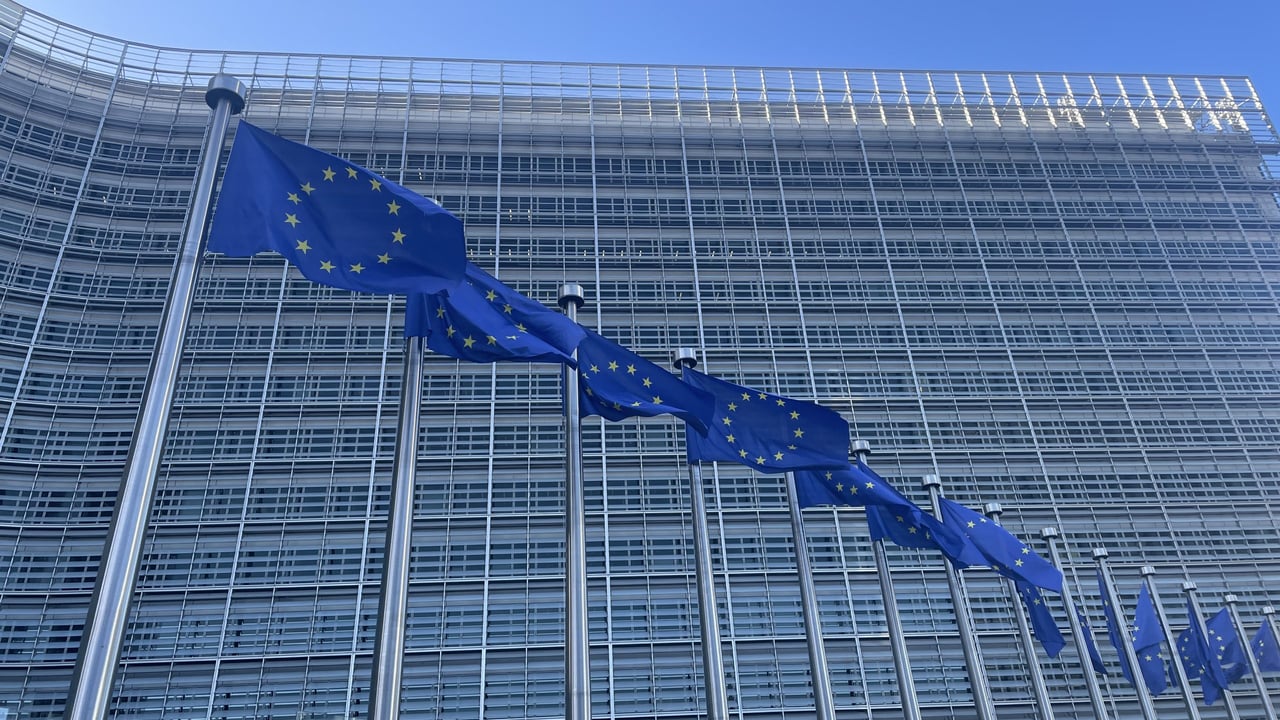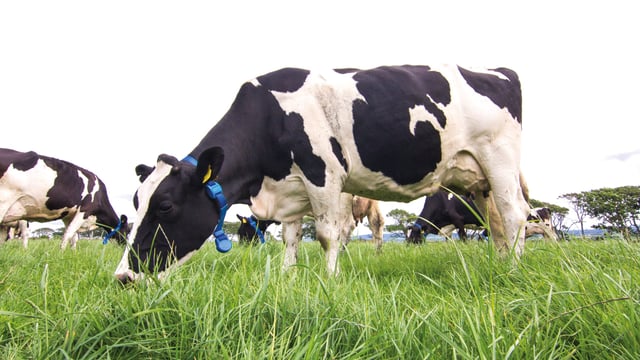AGRI committee demands 'increased and standalone' CAP budget
The European Parliament's Agriculture and Rural Development Committee (AGRI) is calling for an "increased and standalone budget" for the Common Agricultural Policy (CAP).
A report on the future of agriculture and the CAP post-2027 was adopted by the committee on Monday (July 7), with 29 MEPs voting in favour, 9 against, and 8 abstentions.
Irish MEPs Maria Walsh, Barry Cowen and Ciaran Mullooly voted in favour of adopting the report, while Luke Ming Flanagan abstained.
The European Commission’s proposals for the next Multiannual Financial Framework (MFF) or long-term EU budget will be announced on July 16.
Proposals on the format of the CAP post-2027 are also set to be revealed by the commission.
It is understood that the commission is considering a ‘single fund’ approach to the MFF, meaning there will not be ringfenced funding for the EU’s policy areas, including the CAP.
The AGRI committee report stated that the CAP must not be integrated with other funding areas in a single fund or become part of a total fund used by member states for purposes other than agriculture.
It said that direct income support for all "active, professional farmers" following an area-based model should be reinforced.
In order to support rural development, the report calls for the second pillar of CAP to remain independent from cohesion policies.
While voluntary coupled income support payments for sectors in difficulty should be maintained or increased.
The report said that reducing the administrative burden for farmers must be one of the "guiding principles" of the CAP.
The MEPs said that eco-schemes should remain voluntary and be accompanied by payments.
They added that the implementation of Good Agricultural and Environmental Conditions (GAECs) requirements must take existing farming practices into account.
In order to address the challenge of generational renewal in agriculture, the committee wants increased CAP financing and more tax and loan incentives "to remove barriers to becoming a farmer".
The report also highlighted the importance of mental health supports for farmers, water quality, animal health and clear food labelling.
Report rapporteur Carmen Crespo Diaz said there was broad support from the committee to reject "any attempts to nationalise the CAP or merge its funding with other EU instruments".
"We do not want any form of watered-down CAP. We want bear in mind the very heart of the CAP when it was created in 1962," the Spanish MEP told journalists at a press conference this morning.
She said the future CAP needs to be "more modern, competitive and simplified", adding that the report wanted to respond to the concerns raised by European farmers who have called for "fundamental reform and change".
"What we champion here is the traditional structure of the CAP, the two pillars direct aid and this should not be rolled into any cohesion fund or anything else," she said.
Carmen Crespo said that while there are additional pressures on the overall EU budget, "the tab cannot be picked up by the CAP".
"Our farmers need our support, they provide food and security for Europe as a whole. So food sovereignty is important, the rural environment is vital and of course the fight against climate change," she said.
"We need to support sustainable livestock farming. We've lost some 20% and that is devastating for rural areas," she added.
The AGRI report will now be put to a plenary (full) vote of the EU Parliament, possibly during the session running in mid-September.





